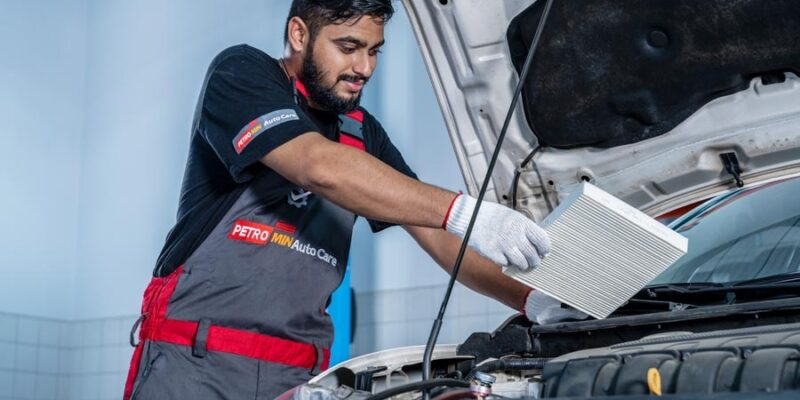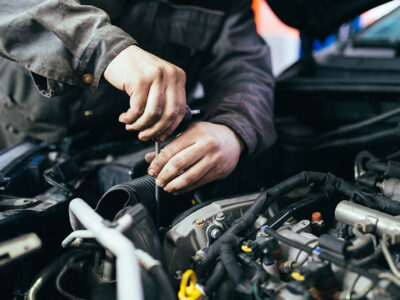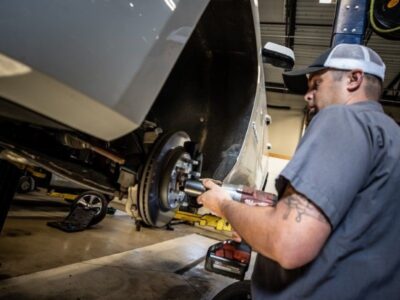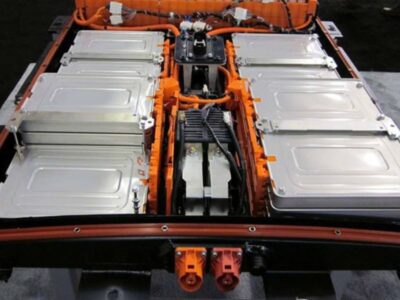Engine overheating is a common car problem that can cause serious damage if not addressed soon. There are several reasons that might cause your engine run hotter than it should, even though most current automobiles have cool engines. You must understand why and how engines overheat to avoid difficulties. Overheating your car might ruin components, tax the engine, and cause you to become stuck. The main reasons of engine overheating and easy methods to keep them cool are covered on this page.
Low Coolant Levels
Control of engine temperature depends on coolant, or antifreeze. Without adequate coolant, the engine in your car won’t cool correctly. The engine may boil due to rapid heating. Leaks, loss, or frequent repair may deplete engine coolant. Check coolant levels and add additional as needed to avoid this. Use the coolant that comes with your car, and if the coolant falls regularly, it may be leaking and for this you must go to Auto Repair in Savannah, GA.
Faulty Radiator
As water runs through the engine, the radiator distributes heat, keeping it cool. Heat exchange cannot exist without a radiator, hence engine heating is not feasible. From a broken thermostat, a leaking radiator, or blocked radiator fins, the engine could overheated. To avoid living in difficult circumstances, routinely clean and flush your radiator. Check the radiator for damage or leaks and repair damaged parts immediately to maintain system performance.
Broken Water Pump
The water pump circulates fluid around the engine and radiator to maintain engine coolness. If the water pump fails, coolant won’t flow and your engine may overheat. Unexpected engine sounds, coolant leaks, and engine temperature alerts are all symptoms of a faulty water pump. As part of your usual car maintenance, replace the water pump to stop failures. Get the pump checked out right away by an Auto Repair in Savannah, GA if you detect leaks or unusual sounds.
Damaged Thermostat
Engine thermostats regulate coolant flow to maintain engine temperature. A blocked thermostat prevents coolant flow and overheats the engine. A faulty thermostat might cause the engine to remain cool too long, therefore influencing performance. The thermostat might be the cause of unusual or very high engine temperature fluctuations following movement. During maintenance, routinely check the thermostat; if advised to keep the car cool, change it.
Blocked Airflow
The engine needs airflow, especially through the radiator, to cool. Dirt, debris, or a damaged fan limiting radiator airflow can reduce cooling system performance. It might overheat your engine. Driving through dusty areas or not cleaning your car’s front might block the wind. Clean around the radiator and air fan to avoid this. Regular check and clean any dirt or trash blocking the airflow of the cooling fan.
Conclusion
Engine overheating may be quite dangerous, but most of the time you can avoid it by performing regular maintenance and paying close attention to the crucial parts that keep your car cool. Engine burning will be much lowered by verifying coolant levels, radiator problems, water pump or thermostat repairs, and ventilation. Taking care of your car’s cooling system, repairing tiny issues, and following the maintenance plan that came with it will keep your engine operating smoothly for years. A professional maintenance by MOTOR MEDICS may keep your car healthy for years!








Comments